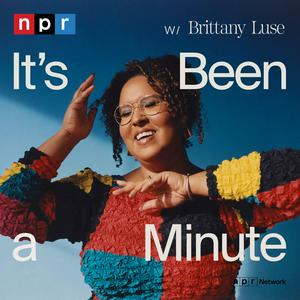Is veganism in its flop era?
There was a time when veganism – or plant-based food – seemed to be in ascendency: from the early 2010s when Beyoncé adopted a plant-based diet to its height in 2020, when the retail market for plant-based meat made over a billion dollars in sales. And then… things started getting a little more… meaty. From protein-maxxing to the new food pyramid, the culture seems to have shifted. But what does the plant-based food flop era say about our culture, how we think about our food, and how we feel about our future? Special guest host Danielle Kurtzleben, NPR political correspondent, discusses with writer Rachel Sugar, who wrote a piece on the boom and bust of veganism for New York Magazine, and Mark Bittman, long-time food journalist and former New York Times columnist who has written about veganism since the early 2010s.
Support Public Media. Join NPR Plus.
Follow Brittany on Instagram: @bmluse
For handpicked podcast recommendations every week, subscribe to NPR’s Pod Club newsletter at npr.org/podclub.
To manage podcast ad preferences, review the links below:
See pcm.adswizz.com for information about our collection and use of personal data for sponsorship and to manage your podcast sponsorship preferences.
Learn more about sponsor message choices: podcastchoices.com/adchoices
NPR Privacy Policy


